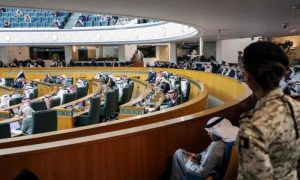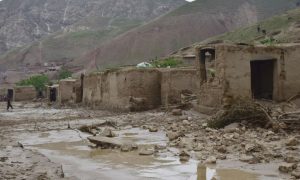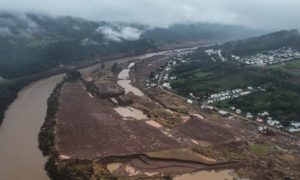DHAKA, Bangladesh: Despite scorching temperatures, schools across Bangladesh have reopened, signaling the return of millions of students to classrooms nationwide.
The decision to resume classes comes amid a lingering heatwave that has gripped the country, with average maximum temperatures in the capital, Dhaka, soaring 4-5 degrees Celsius above the 30-year average for this time of year. This prolonged period of extreme heat prompted a nationwide shutdown of classrooms last weekend, affecting an estimated 32 million students.
As students trickle back into schools, parents express concerns about the oppressive heat and its potential impact on their children’s health. Anxious relatives accompany their youngsters to school gates, hoping for measures to mitigate the effects of the intense weather. Some students have already experienced heat-related issues like rashes due to excessive sweating, raising worries about their susceptibility to illness.
To address the challenges posed by the heatwave, authorities have announced adjustments to school schedules. Preschools remain closed, while primary school hours have been shortened. These measures aim to minimize students’ exposure to the scorching temperatures while ensuring that education continues amid the challenging weather conditions.
Meteorologists warn that the heatwave is likely to persist for at least the next three days, with relief expected only after Thursday when rain showers are forecasted. However, the severity and duration of this heatwave are unprecedented, according to weather experts. Climate change, coupled with factors like rapid urbanization and deforestation, exacerbates the intensity of such extreme weather events.
Despite the immediate challenges posed by the heatwave, concerns linger about the long-term implications of climate change on Bangladesh’s weather patterns. With forecasts predicting more frequent and intense heatwaves in the future, authorities and communities must prioritize adaptation measures to safeguard public health and well-being.























